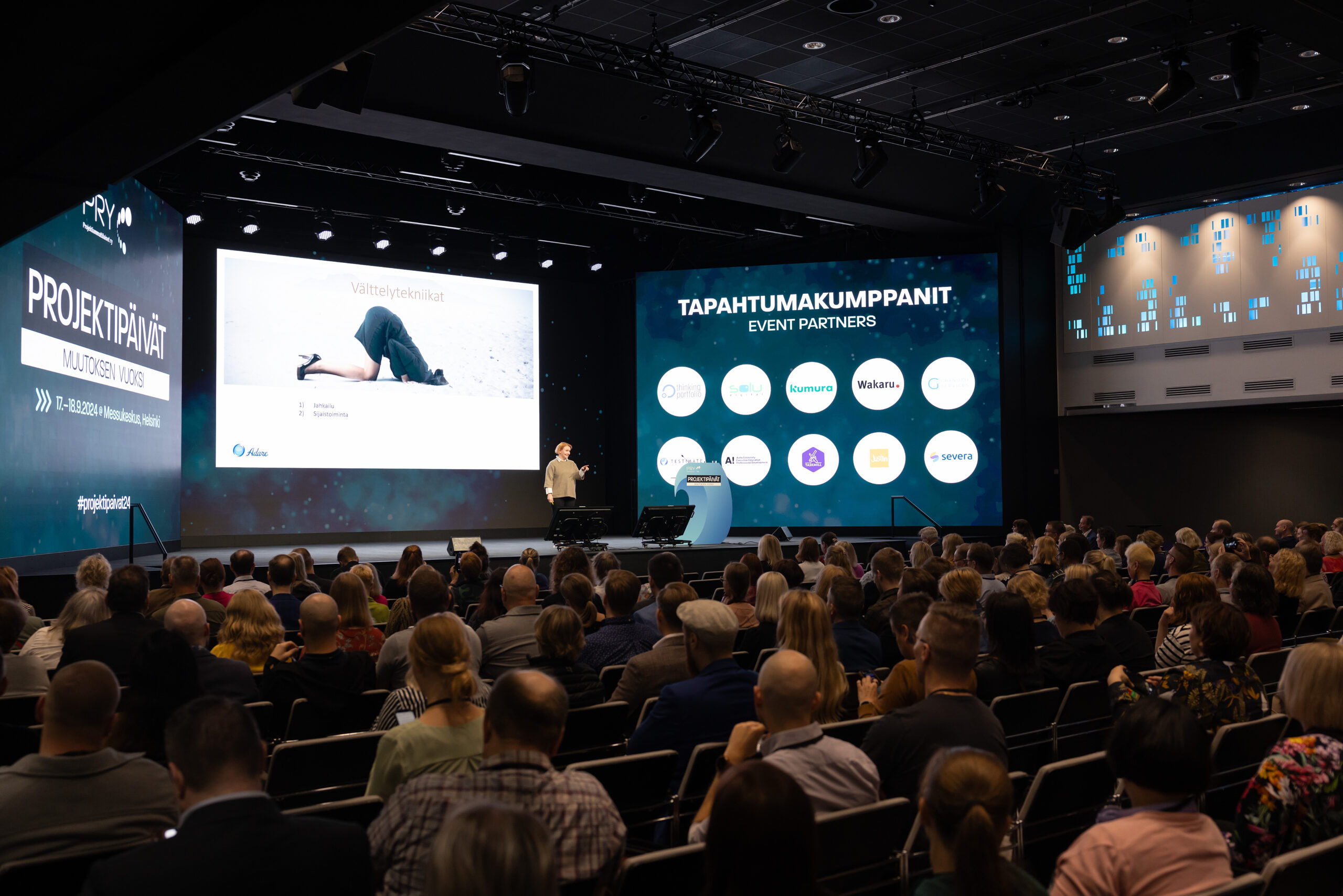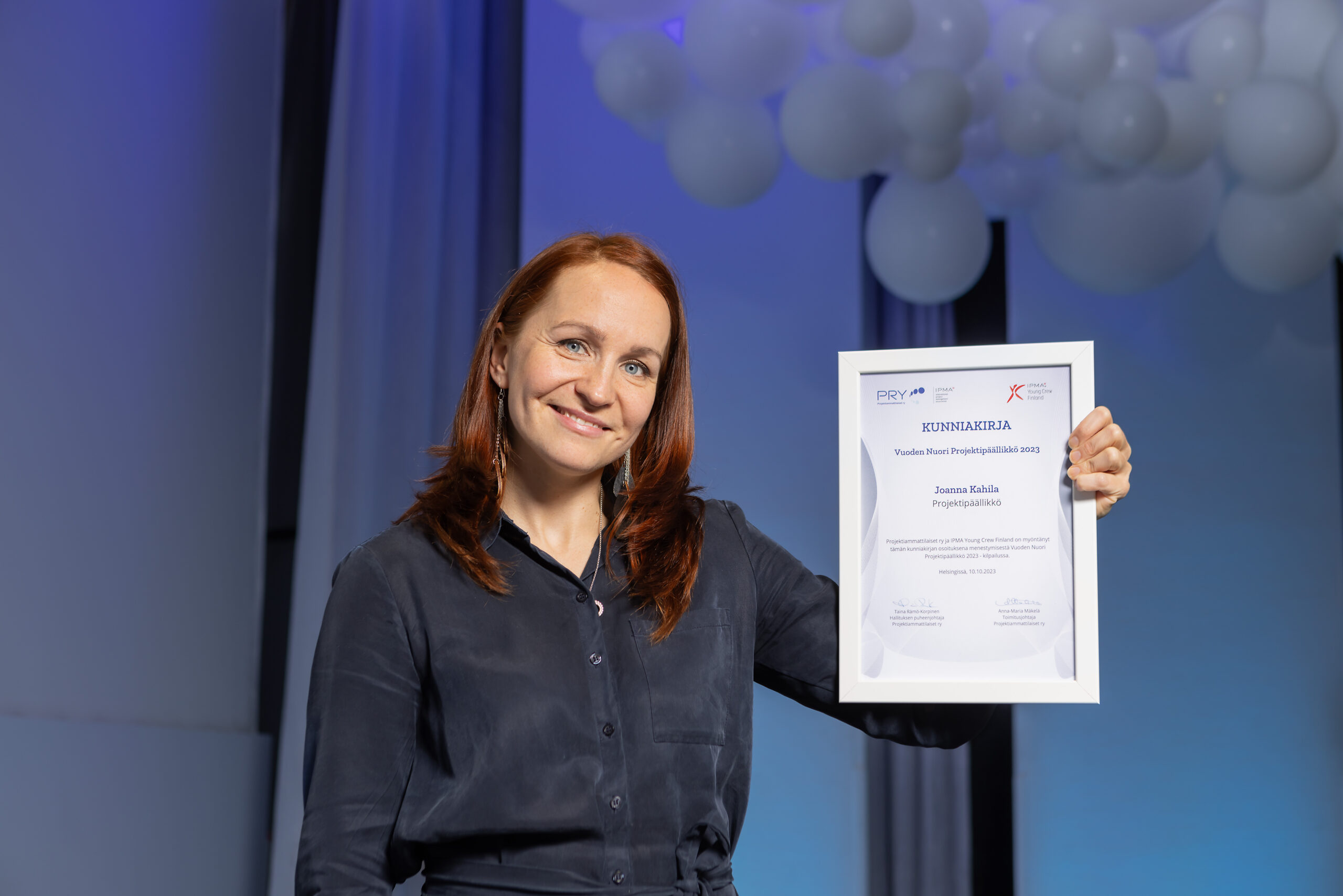Whether we are leading ourselves, a collaboration, a project or an organisation of thousands of people, one of the most important and perhaps most difficult leadership skills to learn is the skill of wise dwelling.
Text by Nonna Babitzin
Photos by Olli-Pekka Latvala & Nonna Babitzin

Nonna Babitzin supports experienced leaders in their work to develop their character, discover exceptional leadership, create lasting change and live the leadership that makes business successful.
Too much
If a leader dwells too much, it is avoidance, which shows up as chasing, procrastination, indecision and lack of leadership. A leader who dwells too much creates feelings of frustration and disappointment around him or her, which erode trust. We tend to avoid things that seem difficult. Either it feels too challenging to start a task, if the task seems complex or unmanageable, or the situation is associated with fear of unpleasant emotions or conflict.
That’s when we trigger the avoidance techniques that many of us already have a black belt in. One is anxious to get started and postpones starting the unpleasant thing until tomorrow. Another starts all sorts of substitution activities just when it seems unpleasant to get things done, even though he knows it would be wiser to get on with it. Often the apartment is never as tidy as when avoiding tackling a difficult issue or opening a difficult conversation.
As a self-deception professional, I can come up with the most colourful stories as to why it is not necessary or even worthwhile to do it now. Stories about how it might work itself out, or that it was hardly what I knew it was. There’s also the convenient forgetfulness, the thing is always cleverly forgotten when it could be promoted. You remember that you were supposed to call the doctor every time your phone time just ended. And last but perhaps most dangerous, the familiar avoidance technique of running away. Some people escape from difficult situations physically, others mentally. Sometimes escape takes the form of immersion in a time-consuming activity, such as running, for some it is alcohol that enables them to escape. Others use aggression towards the messenger as a means of escape, rather than confronting their own lack of activity or agency. For others, humour serves as an escape route from dealing with or facing things.

Whatever your avoidance technique, with wise lingering, avoidance becomes visible to ourselves and can be consciously stopped. Giving up avoidance techniques makes leadership effective, accountable and trustworthy. It helps us to grow as people too, to face ourselves with integrity. So that we can learn and grow.
Countless times I’ve had a conversation where an experienced leader is thinking that they need a long weekend in a cabin to solve or plan something, and I ask “we have just over 20 mins left of the coaching session, how would you feel about sketching out your very first thoughts on what’s involved?” And about 15 min later, all the most relevant headings and issues to be resolved have been drawn on paper. We underestimate the power of clever lingering. Focused deep thinking, boldly exploring and leaning into silence is really impressive. How much time do you have in your calendar for wise lingering?
Debate techniques
– Hunting
– Location activities
– Justifying the story
– The right forgetfulness
– Escape
What are the avoidance techniques you are most familiar with and how do you use them?
Too little

But if you linger too little, it will show up in the form of rashness, split-or-quit decision-making and rushing around, often followed by feelings of insecurity and contempt, which creates fear and destroys trust. If the manager does not have the courage (often using time as an excuse) to linger for a moment, to explore for a moment, to be curious, the result is often a very busy, but not so productive team, whose experience of workload is in the red.
The path from expert to project manager, supervisor or manager is a very common one, and the stumbling block is a strong sense of achievement in knowing, speed and getting things done. Often these have been the very behaviours that have led to success and praise as an expert. But leadership requires a different strategy, not a space of knowing, wise moments of lingering, exploring issues and thinking rather than quick fixes. Often, too quick a decision or action is based on assumptions and speed becomes the biggest inhibitor to achieving results. Ostensibly, a lot is done, but either in the wrong way or in a not so wise way. To get the best possible outcome, as quickly as possible, our most important skill is often the skill of slowing down in the right place. You have to know how to let off the throttle in corners to get to your destination as quickly as possible.
Whisely
Wise lingering is pausing, curiosity, active listening to others and oneself, and the courage to ask compelling questions. Wise lingering supports learning, builds a sense of security and enables engagement, and facilitates the achievement of desired results, in a way that builds trust. At the heart of the art of wise lingering is stopping, being curious and raising awareness. While stopping to explore the issue at hand, the focus of wise lingering is on the exploration of thinking. It is in what observations we make about our own thoughts, assumptions, stories, the emotions our thoughts create, the recurring patterns of thought, and their implications for the issue at hand.
Trust is the most important asset in leadership. All effective leadership is built on the skill of building trust. Without trust, there is friction in everything. Innovation is sticky, interaction is challenging, collaboration feels burdensome, it’s hard to agree on where to focus or how to divide tasks, and decision-making feels almost impossible. If trust is weak, friction slows everything down and results are slow to materialise. If the way a leader thinks, acts and interacts builds trust, friction disappears and results start to emerge quickly. The fastest way to increase business results is to strengthen trust. Wise procrastination enables trust to be built, wise decision-making to take place and a learning organisation to emerge.
How can you linger wisely and build trust to enable success together?
A few questions for moments of wise lingering:
What is the question to be answered, behind the supposed question?
- What makes this reflection important to me?
- What impact am I looking for?
- How do I know if sufficient effectiveness has been achieved?
- What are the issues involved that could be useful to explore?
- How do I want to work on it?
- What assumptions do I make?
- How wise would I approach this?
- How would it be wise to shape my story around this?
- What recurring patterns, behaviours or ways of thinking do I recognise?
- How am I on the road to success?
- What is happening to me now, thinking about this?
- If a person I respected had listened to my reflections, what would he or she be asking now?
- What has become visible?
- What do I have to give up?
- How do I exude confidence?
- How am I getting wiser?
- How can I use what I have learned?
- Who will I be when the matter is resolved?
Where is my attention now?
Author:
Nonna Babitzin
Supporting experienced leaders to develop their character, discover exceptional leadership, make lasting change and live the leadership that makes business succeed.



